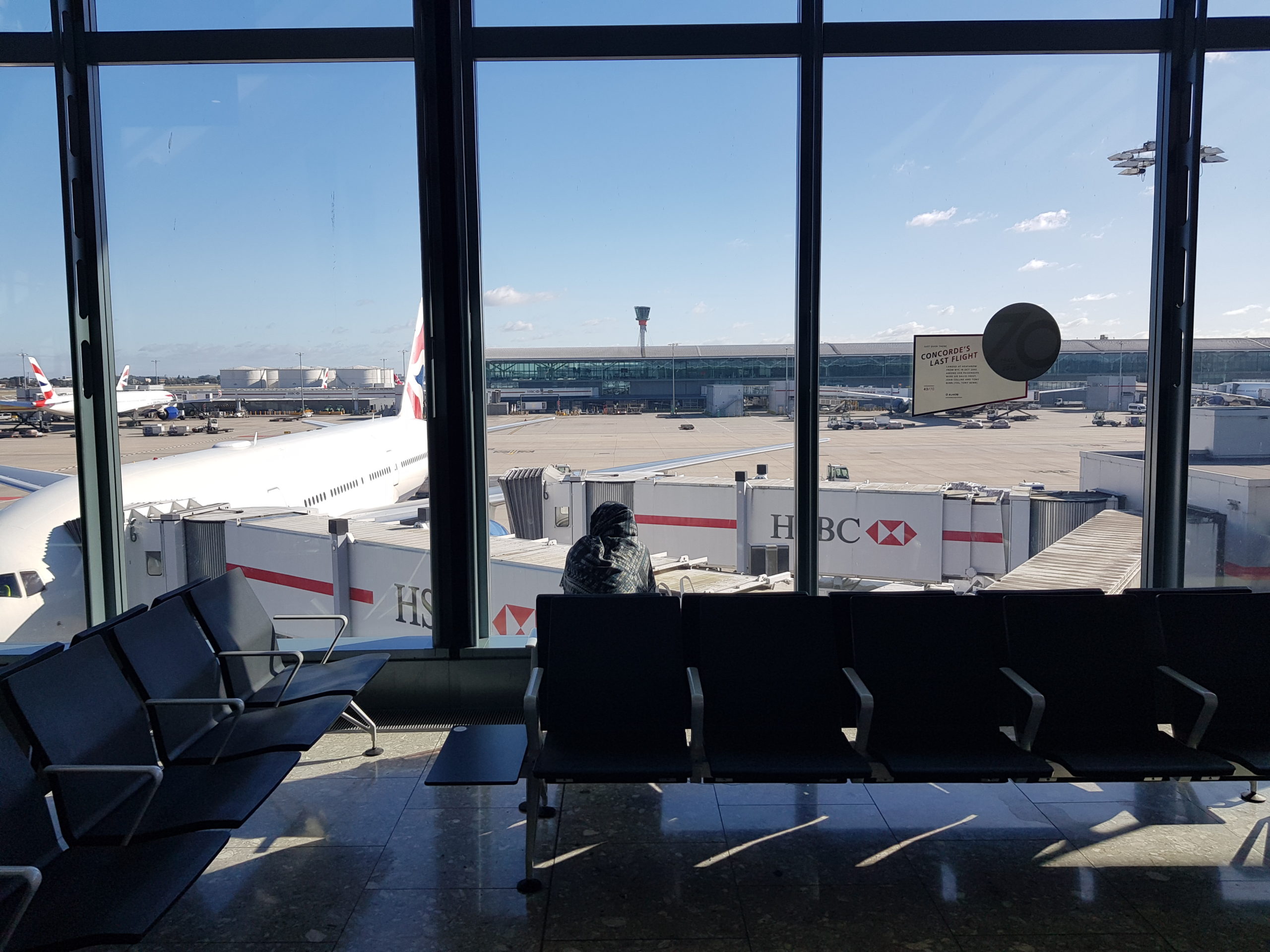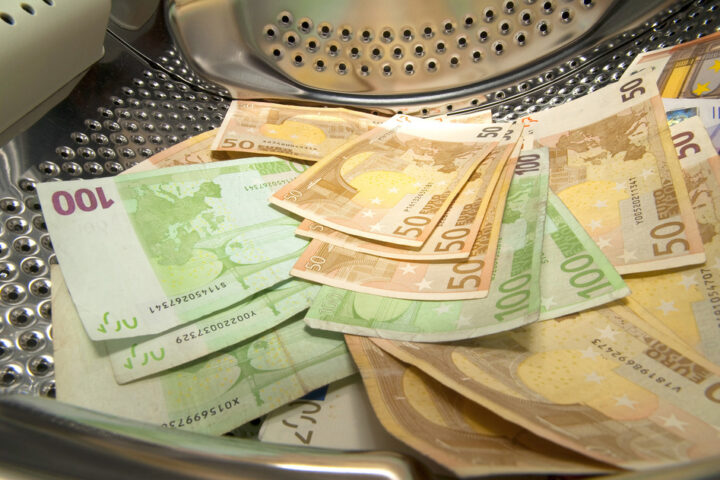The travel environment in a post-Covid world is a taxing experience of form filling, testing, and checking the category of the country you are flying to.
If you are a traveller to the UK, the entry rules seem to change by the hour as Boris is indecisive whether Britain has walked through the pandemic phase and is now living with seasonal Covid.
Since I went to the UK last month, the rules for testing for vaccinated passengers have been tweaked, red category countries streamlined, and you can no longer travel on an ID card.
After living with Covid-19 for the past 20 months, people are more confident about taking a trip abroad for a holiday or business.
And anybody who does fly will notice the landscape has changed with contact kept to a minimum, social distancing, mask-wearing and lesser crowds at airports.
Self-imposed isolation can only last for so long, especially when the next lockdown can come at any time this side of Christmas.
Covid remains the great unknown.
Do we all need booster jabs, will herd immunity see as through, will the virus settle for being a nuisance like the common cold, periodically showing its teeth?
As this is a new disease, the science is still a guessing game based on the evidence so far, although many of us are in denial.
A little fear of the virus goes a long way, as does hygiene and mask-wearing indoors.
It has been two years since I have returned to the UK to see family and friends — about the same time it takes to book tests and fill in the passenger locator form.
Since my absence, the UK has also left the European Union in a glorious version of Trumpesque isolationism led by convert Boris.
This was supposed to be a brighter Britain forging its own future on the global stage where the opportunities to wield its influence and do deals were boundless.
It would be a more confident Britain unshackled from the devious bureaucrats in Brussels and EU red tape stopping it selling British bacon to the Americans.
Moreover, post-Brexit, the UK would get rid of all those entitled Europeans sucking the welfare system and the NHS dry.
Free from the dithering Europeans, the empire would strike back with a commanding voice on the world stage.
Britain would also become a magnet for huge investment and the best professional talent.
The reality is somewhat uglier and harder to escape.
The UK now resembles a Soviet-era country with queues for petrol, empty supermarket shelves, fears over an energy crisis, rising inflation and a shortage of lorry drivers after the welcome mat was chucked out with Brexit.
Brexit Britain has quickly become broken Britain, with the government struggling to find answers.
If mixed messaging on Covid-19 is anything to go by (especially on mask-wearing on public transport), it is heading for a perfect storm of power cuts and food shortages.
Having to call in the army to get fuel to petrol stations while fights broke out among frustrated motorists across the country was also not part of the new Jerusalem.
By some estimates, the UK is short of 100,000 drivers needed to transport goods and petrol; without them, shortages of essential items will become a permanent fixture.
Boris’ big idea to entice lorry drivers back to Britain was to offer them a three-month temporary visa to do charity work and return home.
I wouldn’t expect a stampede of lorry drivers desperate for a job in Britain for a short-term fix caused by a campaign that viewed Europeans as expendable.
Britain doesn’t only have to overcome coronavirus; it is suffering from a supply crisis with an estimated 8 million Britons unable to buy essential food items.
According to data from the Office for National Statistics (ONS), some 17% of adults said they had not been able to purchase such goods because they were not available, according to data from the Office for National Statistics (ONS).
Almost a quarter (23%) said the same for non-essential food items.
And a total of 13% of adults also reported waiting longer for prescriptions, with 4% saying they had to go to more pharmacies to find what they needed.
Fuel stocks are said to be average in most areas and not in the red, but another panic could disrupt the fragile balance.
Disruption in the supply chain could see Christmas being cancelled this year, a fate far worse than Brexit.
A possible gas shortage could also leave it celebrating the festive period under the blankets.










